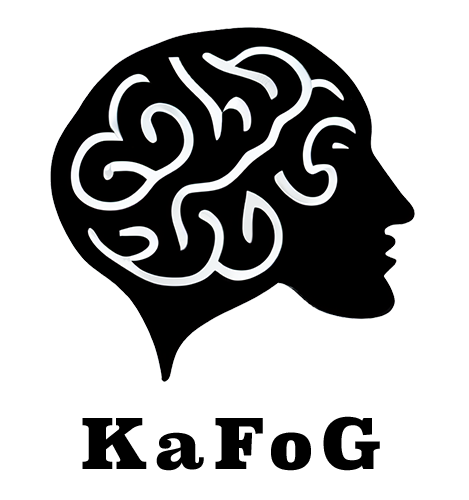Depression is a mental health disorder that affects millions of people worldwide, and it can manifest differently in women and men. The World Health Organization (WHO) has reported that women have a higher likelihood of experiencing depression compared to men. Depression can affect anyone, but it can present itself in different ways depending on one’s gender. In this article, we will discuss the different ways depression manifests in women and men, the causes of depression in each gender, and how it can be treated.
Gender Differences in Depression:
Studies have shown that depression affects more women than men. In fact, women are twice as likely to experience depression as men. This gender difference in depression rates is not fully understood but may be due to a combination of biological, social, and cultural factors.
Symptoms of Depression in Women:
Depression in women can manifest in different ways, including emotional, physical, and cognitive symptoms. Here are some common symptoms of depression in women:
Emotional Symptoms:
- Sadness or feelings of emptiness
- Hopelessness or helplessness
- Anxiety or irritability
- Loss of interest in activities
- Guilt or worthlessness
- Changes in appetite and sleep patterns
Physical Symptoms:
- Fatigue or low energy
- Body aches and pains
- Headaches or migraines
- Digestive problems
- Menstrual irregularities
Cognitive Symptoms:
- Difficulty concentrating or making decisions
- Memory problems
- Negative thoughts or pessimism
- Suicidal thoughts or behaviors
Causes of Depression in Women:
Depression in women can be caused by various factors, including biological, hormonal, and social factors.
Biological Factors:
- Genetics
- Chemical imbalances in the brain
- Changes in brain structure and function
Hormonal Changes:
- Menstrual cycle
- Pregnancy and postpartum period
- Perimenopause and menopause
Social Factors:
- Traumatic life events
- Abuse or neglect
- Relationship problems
- Work or financial stress
Symptoms of Depression in Men:
Depression in men can be different from depression in women, and it can manifest in behavioral, physical, and cognitive symptoms. Here are some common symptoms of depression in men:
Behavioral Symptoms:
- Irritability or anger
- Aggressiveness or violence
- Risk-taking behavior
- Substance abuse
Physical Symptoms:
- Fatigue or low energy
- Sleep problems
- Digestive problems
- Headaches or body aches
Cognitive Symptoms:
- Difficulty concentrating or making decisions
- Memory problems
- Negative thoughts or pessimism
- Suicidal thoughts or behaviors
Causes of Depression in Men:
Depression in men can be caused by various factors, including biological and social factors.
Biological Factors:
- Genetics
- Chemical imbalances in the brain
- Changes in brain structure and function
Social Factors:
- Traumatic life events
- Relationship problems
- Work or financial stress
- Societal expectations of masculinity
Men are often socialized to suppress their emotions and avoid seeking help, which can lead to underreporting of symptoms and delayed diagnosis and treatment.
Treatment Options for Depression:
Depression is a treatable condition, and there are several effective treatment options available.
Psychotherapy:
Psychotherapy, or talk therapy, is a common treatment for depression. It involves working with a mental health professional to identify and change negative thought patterns and behaviors that contribute to depression.
Medications:
Antidepressant medications can be effective in treating depression, particularly for severe cases. However, they can have side effects and should be used under the guidance of a healthcare provider.
Lifestyle Changes:
Lifestyle changes can also help improve symptoms of depression, such as regular exercise, healthy eating, stress management techniques, and social support.
Conclusion:
Depression can manifest differently in women and men, with different symptoms and causes. Understanding these gender differences is important for accurate diagnosis and effective treatment. If you or someone you know is experiencing symptoms of depression, it is important to seek help from a healthcare professional.
FAQs:
Q1. Can depression affect men and women differently?
A1. Yes, depression can manifest differently in women and men, with different symptoms and causes.
Q2. What are some common symptoms of depression in women?
A2. Common symptoms of depression in women include sadness or emptiness, anxiety or irritability, loss of interest in activities, and changes in appetite and sleep patterns.
Q3. What are some common symptoms of depression in men?
A3. Common symptoms of depression in men include irritability or anger, risk-taking behavior, substance abuse, and difficulties with sleep.
Q4. Can depression be treated?
A4. Yes, depression is a treatable condition, and there are several effective treatment options available, including psychotherapy, medications, and lifestyle changes.
Q5. Why are women more likely to experience depression than men?
A5. The reasons for this gender difference are not fully understood but may be due to a combination of biological, social, and cultural factors.
